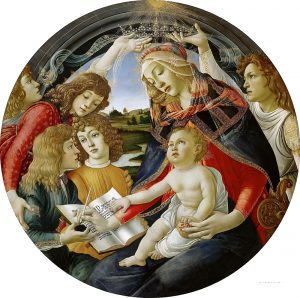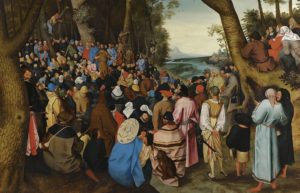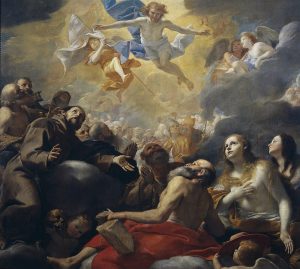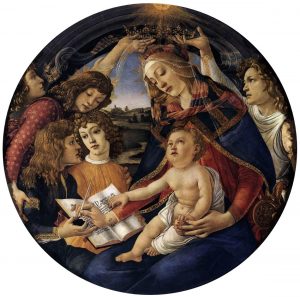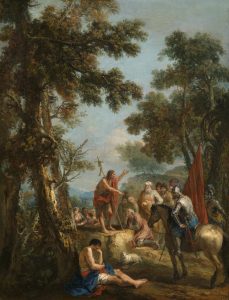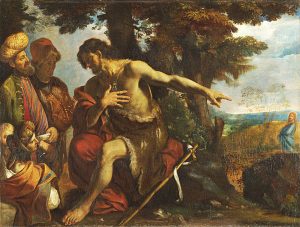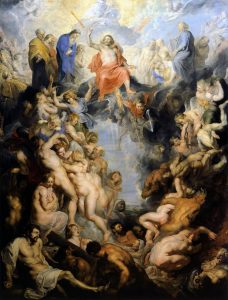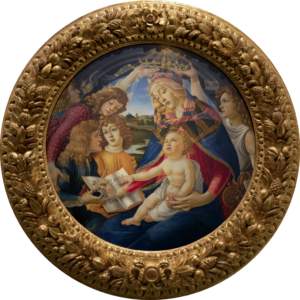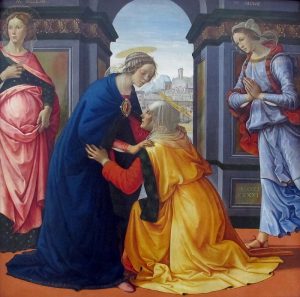Illuminations on the Lectionary readings for Dec. 21, 2025 (Advent 4A)
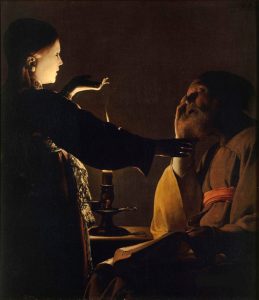
The Angel Visiting Joseph in a Dream (c.1628-1645). Oil painting on canvas by Georges du Mesnil de La Tour (1593-1652). Musée des Beaux-Arts, Nantes, France. (Click image to enlarge.)
First Reading: Isaiah 7:10-16
Christmas is drawing near, and we can all but feel the Incarnation – God becoming human in Jesus, the Messiah – in our readings for the fourth Sunday of Advent. In our first reading, we hear the prophet Isaiah describing the Messiah as a good king, a worthy successor to King David. The prophet warns David’s descendant, King Ahaz of Judah, that his land will soon be conquered; but a child named Immanuel – “God With Us” – will be born to a young woman, and the child will eventually bring good in place of evil.
Psalm: Psalm 80:1-7, 16-18
Psalm 80 is a song of lament over Israel’s exile. This passage recalls the shame and disappointment of a conquered nation. The Psalmist calls on God in a sorrowful voice, asking that the people be spared the divine anger that has left them with “bowls of tears to drink” as their enemies laugh them to scorn. Send a man of God’s right hand, the strong son of man, the Psalmist begs, promising that the people will never again turn from God’s way if only God will save them.
Second Reading: Romans 1:1-7
Paul gets directly to the point as he opens his letter to the young church in Rome, a congregation that he has not met in person but plans to visit soon. He introduces himself as an apostle of Jesus, called to that ministry. He declares that Jesus is the son of God, the descendant of David whom the prophets had foretold. And he assures them that through his death and resurrection, Jesus Christ is Lord, the Son of God. Paul comes to them in Jesus’s name, he assures his mostly Gentile audience, pledging that they, too, are God’s beloved. Having offered these important assurances, Paul finally comes around to a proper formal greeting that customarily might have been the first words of the letter: “Grace to you and peace from God our Father and the Lord Jesus Christ.”
Gospel: Matthew 1:18-25
The Gospel for the Fourth Sunday of Advent brings us to the brink of Christmas, but first, there’s a bump in the road: Joseph has learned that his young fiancée is pregnant, but not with his child! We can easily imagine how a man in the culture of the ancient Near East might react to such news. But Joseph, a righteous man, decides to end the engagement quietly, without scandal or gossip. Before this can happen, though, an angel appears to Joseph and assures him that Mary is bearing God’s son. In words almost mirroring the Isaiah prophecy, the angel announces, “Look, the virgin shall conceive and bear a son, and they shall name him Emmanuel.” (The Hebrew word translated as “young woman” in Isaiah now reappears in the New Testament as “virgin” in Greek.)

